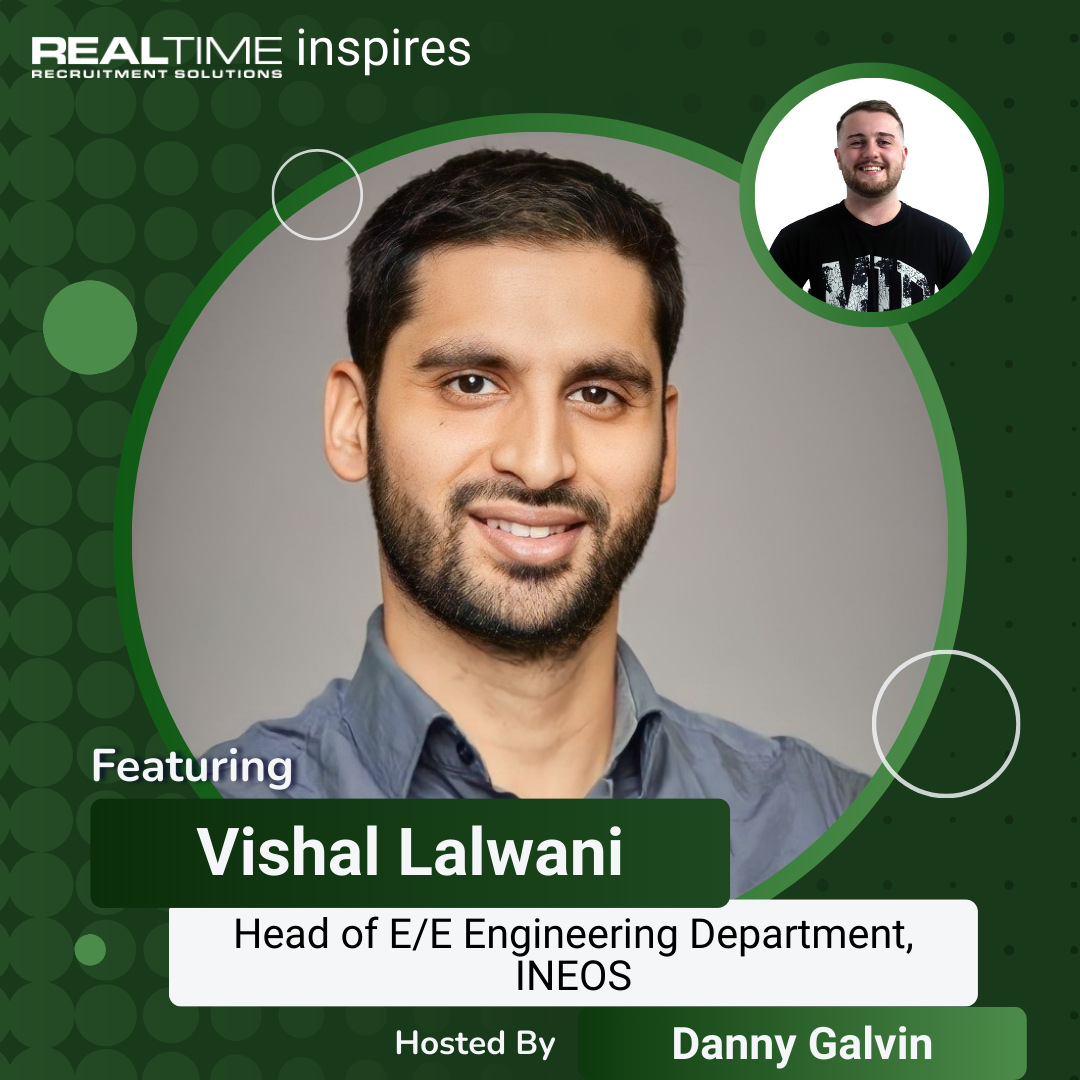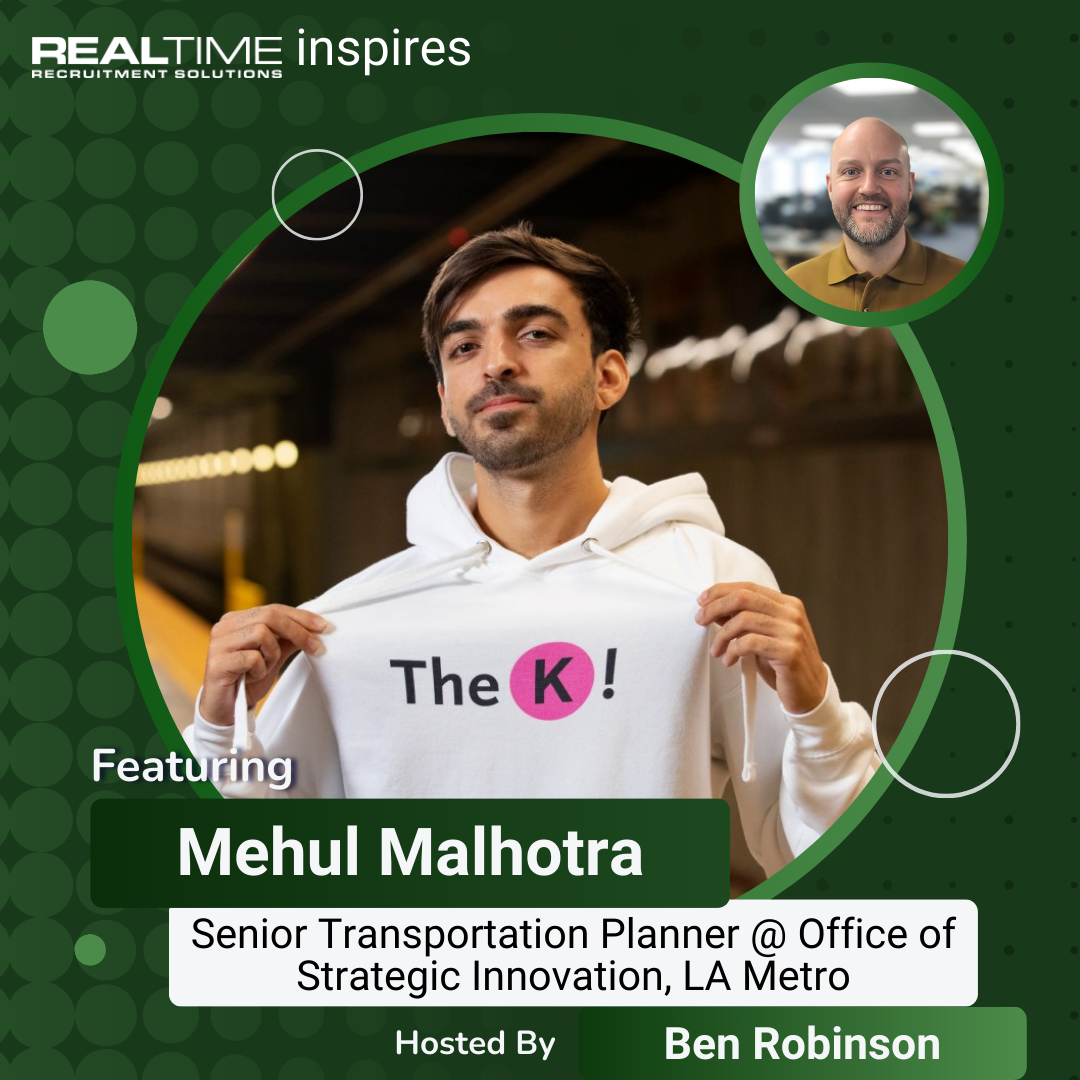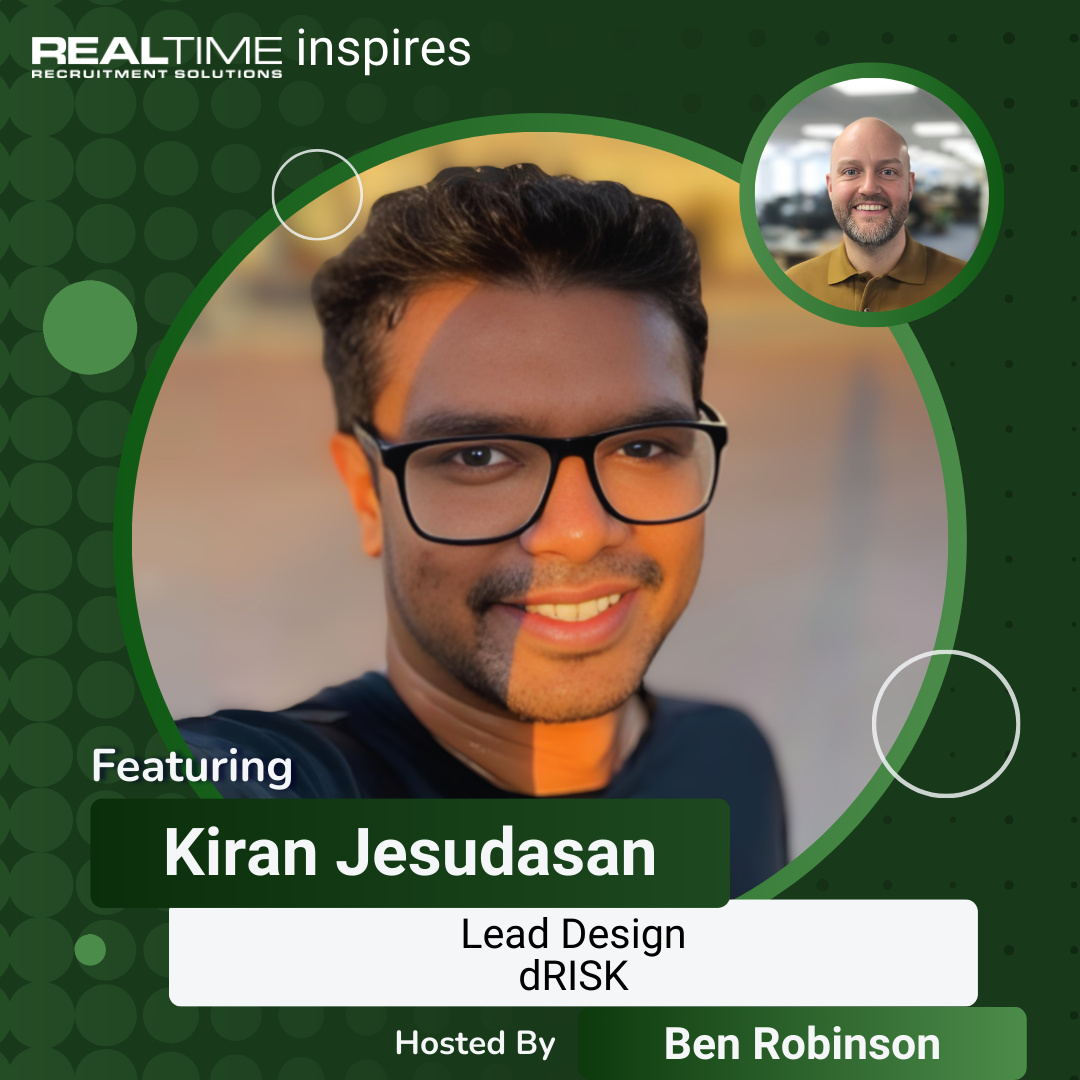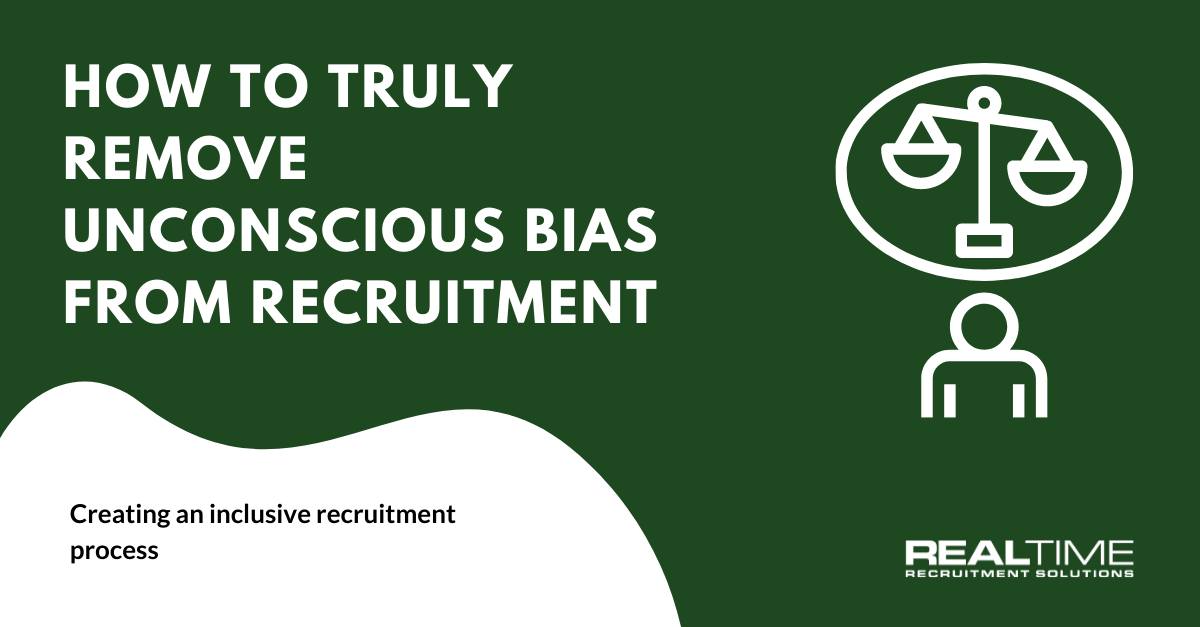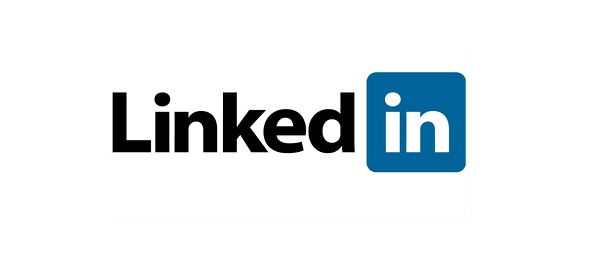
The future of recruitment – are agencies dead?
Recruitment is dead. At least, that’s what everyone would have you think. Internet job boards, big data sourcing and AI-powered matching all spell a dismal end for the humble recruitment consultant. Or do they?
Recruitment has changed tremendously over the past 20 years, from the days of paper CVs and never-ending filing cabinets to the emergence of online job boards and recruitment software. What do the next 20 years look like? Are we worried? Let’s take a look.
Artificial intelligence
AI will undoubtedly change the future of recruitment, with intelligent software identifying, screening and matching candidates even faster than our very own employees. Are our employees scared? No, because AI doesn’t have the human touch necessary for engaging the top talent for senior and specialist vacancies. Instead, AI will speed up the recruitment process, allowing consultants to focus their time on candidate engagement and client discovery to match the perfect AI-chosen candidates to the right vacancies.
Chatbots
Chatbots will soon communicate with candidates, coordinate diaries and even order tea, coffee and biscuits for the interview – cutting out “the middleman”. But chatbots won’t eliminate recruitment consultants.
Chatbots will, however, remove manual time-consuming tasks allowing more time for consultants to build meaningful human relationships, listen to a client’s story, understand a candidate’s concerns and build networks that chatbots aren’t capable of.
Analytics
Big data will improve the speed and accuracy of matching candidates to vacancies – predicting when passive candidates will be open to a new position, when graduates will be ready for a promotion and when team members will be experienced enough to manage. But what algorithms and analytics can’t spot is potential.
Recruitment consultants can spot that candidate who has a willingness to learn, a drive to reach the top and the passion to outperform. Recruitment consultants sense team fit, vision alignment and compatibility. And, recruitment consultants have the persuasive power to convince active job seekers, passive candidates and recruiting clients of the same – something that analytics can’t do alone.
Virtual reality
Virtual reality is already creating simulated environments to assess a prospective employee’s soft skills such as decision making and problem-solving. But just because someone has passed the AI technical skill sift and VR soft skill challenge doesn’t mean that they’re a candidate worth interviewing.
Recruitment consultants are trained experts in identifying potential employees who fit cultures, teams and visions. VR will certainly enhance candidate selection but it can’t replace the human hunch of a good candidate-client fit.
Automation
Automation isn’t only affecting the role of a recruitment consultant. With jobs across the engineering sector becoming increasingly automated, does this spell less jobs to recruit for and, therefore, less need for recruitment consultants? We don’t think so.
Sure, automation is removing manual tasks, but it’s not removing roles. Instead, recruitment consultants’ skills and networks will be in even more demand for filling specialist vacancies, interesting jobs and technical positions.
Further reading: Understanding your future engineers: Generation Z
Are recruitment agencies dead?
Only the ones that aren’t evolving. Recruitment technology has the power to enhance the recruitment consultant service – improving speed, increasing accuracy and giving clients and candidates access to the tools and experts who can produce the perfect job fit. But only when embraced.
Get in touch
If you would like to speak to RTRS about a potential job opportunity or to discuss your company’s recruitment needs, get in touch with us today – we’ll be happy to help.

